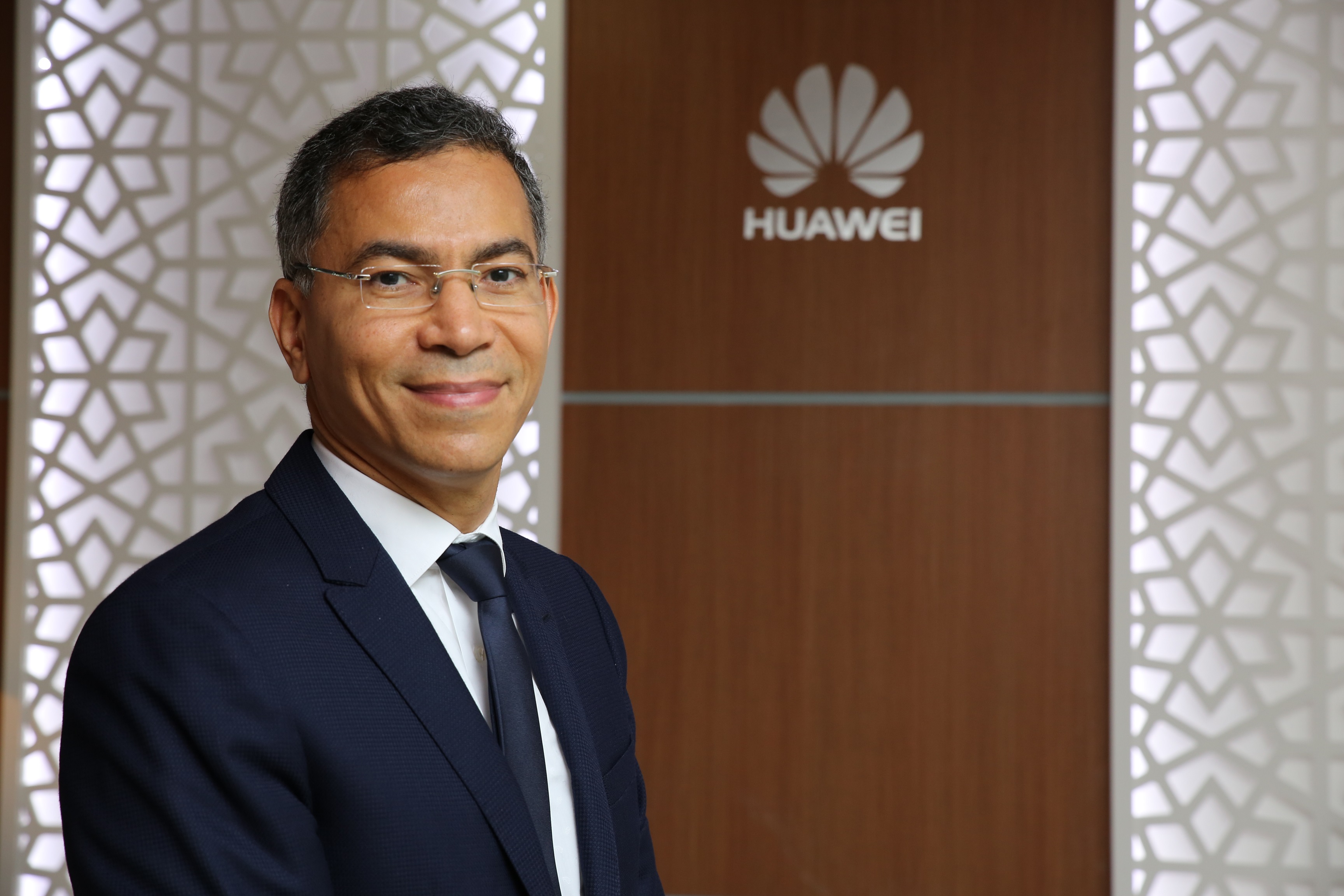Is digital transformation just a buzzword or is it really happening?
Every CEO I’d met over the last 12 months is talking about digital transformation. We have moved from the exploration phase into the planning phase now. Today, the role of ICT in transforming businesses is crucial and technology is at the core of every business. CEOs have become main sponsors of digital transformation because it has a direct impact on business and the long-term success of organisations. Of course, CIOs will be in the driver seat on digital transformation.
Do you think we have the ICT infrastructure ready to support this?
If you look at digital transformation from an infrastructure perspective, there are three key basic building blocks – devices, cloud and connectivity. We already have a good ecosystem of devices and sensors in place. Cloud is gaining steam in the region, and 50 percent of businesses are either on private or public cloud. On the connectivity front, we have launched 5G in the UAE, Saudi Arabia and Kuwait. I believe 5G will make a big difference to IoT and smart cities and drive digital transformation in many industries.
Cloud is a key underpinning technology for digital transformation. But, this region is lagging behind in adoption. Will that be a barrier?
I agree that we are lagging behind in cloud adoption because many countries have their own regulations as to where data should reside. Which is why we think hybrid is the right answer. In the Middle East, I’d say around 25 percent businesses are on private and another 25 percent on public. The rest still deploys technologies on-premise, but that number is declining now. Though many enterprises have turned to the cloud, attracted by as-a-service model, they still have many key applications and data on-premise. I don’t think It will ever be 100 percent public cloud for IT consumption and hybrid IT is the future.
What is Huawei’s cloud strategy?
Globally our vision is to become one of the biggest cloud service providers. We are the largest public cloud service provider in China and we provide some services in Europe through partnership with telecom service providers. However, we are careful outside of China and we work with telcos to enable them to provide cloud services. If you come to the Middle East, our focus is on private and hybrid cloud. We provide the infrastructure, platform and solutions around it, but we are not planning to offer any public cloud services directly here.
AI and blockchain are two of the biggest tech trends of our time. Are you excited about this market opportunity?
AI and blockchain will be the two key technologies that will transform industries and maybe even our lives in the next five to ten years. Our strategy is to apply AI to digital transformation. Today, everyone is talking about AI, but we really don’t have many industry-oriented AI applications. Huawei’s AI strategy is two-pronged. We provide a platform for developing AI applications hosted on our public cloud in China. We have also applied AI, especially in the area of natural language processing, to our own business operations to improve efficiencies. For example, 65 percent of the calls you make to any Huawei system today are answered by machines.
We provide number of vertical-specific AI solutions for domains such as supply chain, where we have applied AI to logistics and digital warehousing with our container optimization solution, which enables a 3D view of each container. This has helped improve the efficiency of overall container usage by 7 percent, leading to millions of dollars in cost savings for the industry.
For the smart cities, we offer an AI-enabled video cloud solution that provides global video sharing, remote retrieval, etc., resulting in massive improvement in public safety. We are also building purpose-built appliances for AI solutions and we were the first company to launch a smartphone with an AI chipset.
As for blockchain, we don’t develop any applications but provide the supporting infrastructure.
Is digital transformation a business focal point for you?
Yes, we continue to focus on digital transformation and our guiding principle is business driven ICT infrastructure (BDII). We want to enable the new industrial revolution and create next-gen ICT infrastructure across various industries. I will give you an example of the ecosystem we are developing for Oil & Gas, a sector which is looking to increase production, cut costs and create safer environments for its employees. Today, 70 percent of oil fields in the Middle East rely on manual operations. They can’t monitor the production process and lack precise control methods. We provide a digital oilfield solution that helps these companies monitor their production facilities in real time, optimise production management and significantly reduce labour costs.
That is for upstream, and for midstream oil companies the biggest issue is around explosion of pipelines and pilferage. To address this, we provide a digital pipeline solution, which combines intelligent video surveillance with multimedia communications to enable secure operations for oil and gas pipelines.
We do realise no single vendor can deliver digital transformation for entire industries, so we have partnered with a number of ecosystem partners to accelerate this drive. You can see these pre-tested vertical solutions we have developed along with partners in our OpenLab.










Discussion about this post